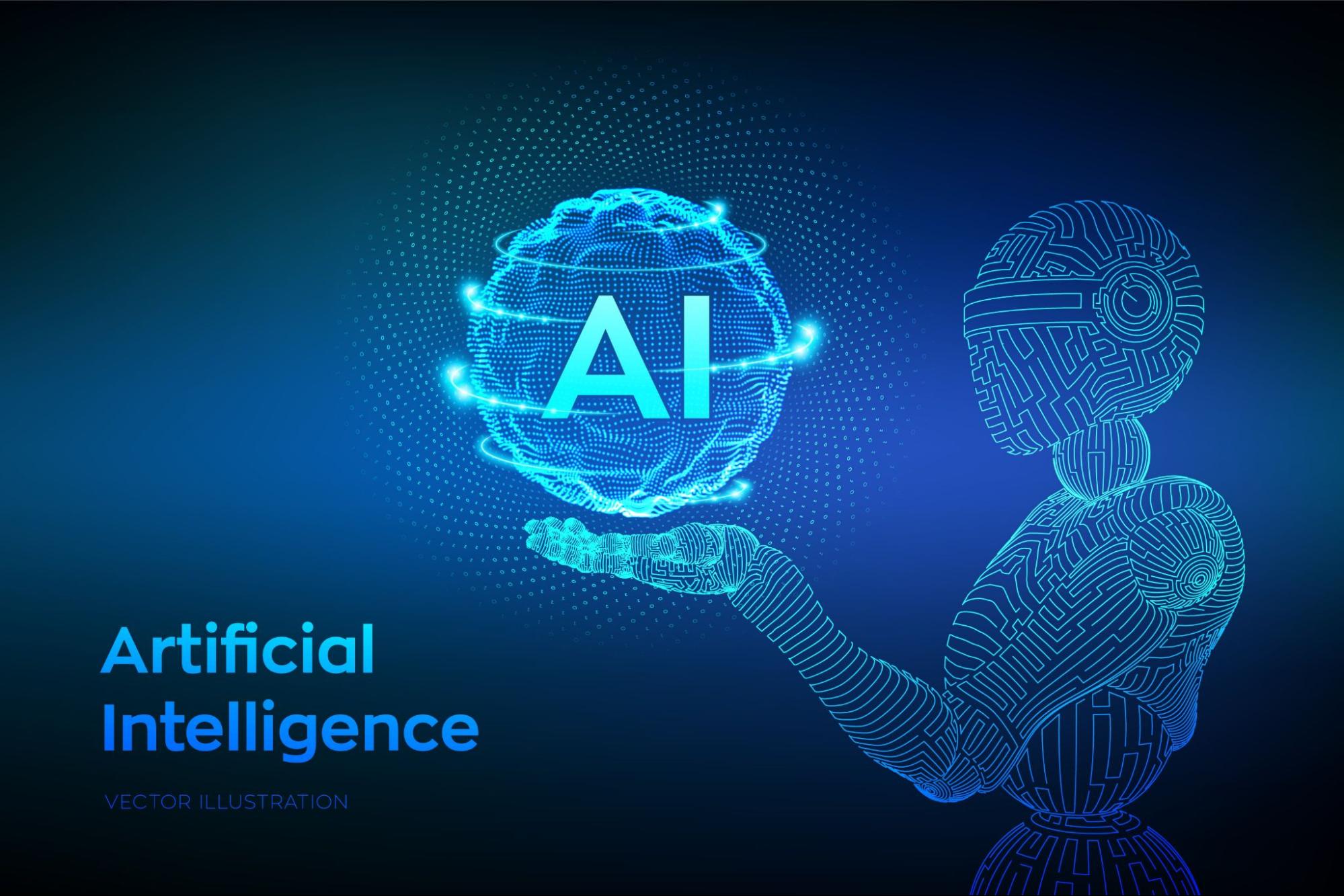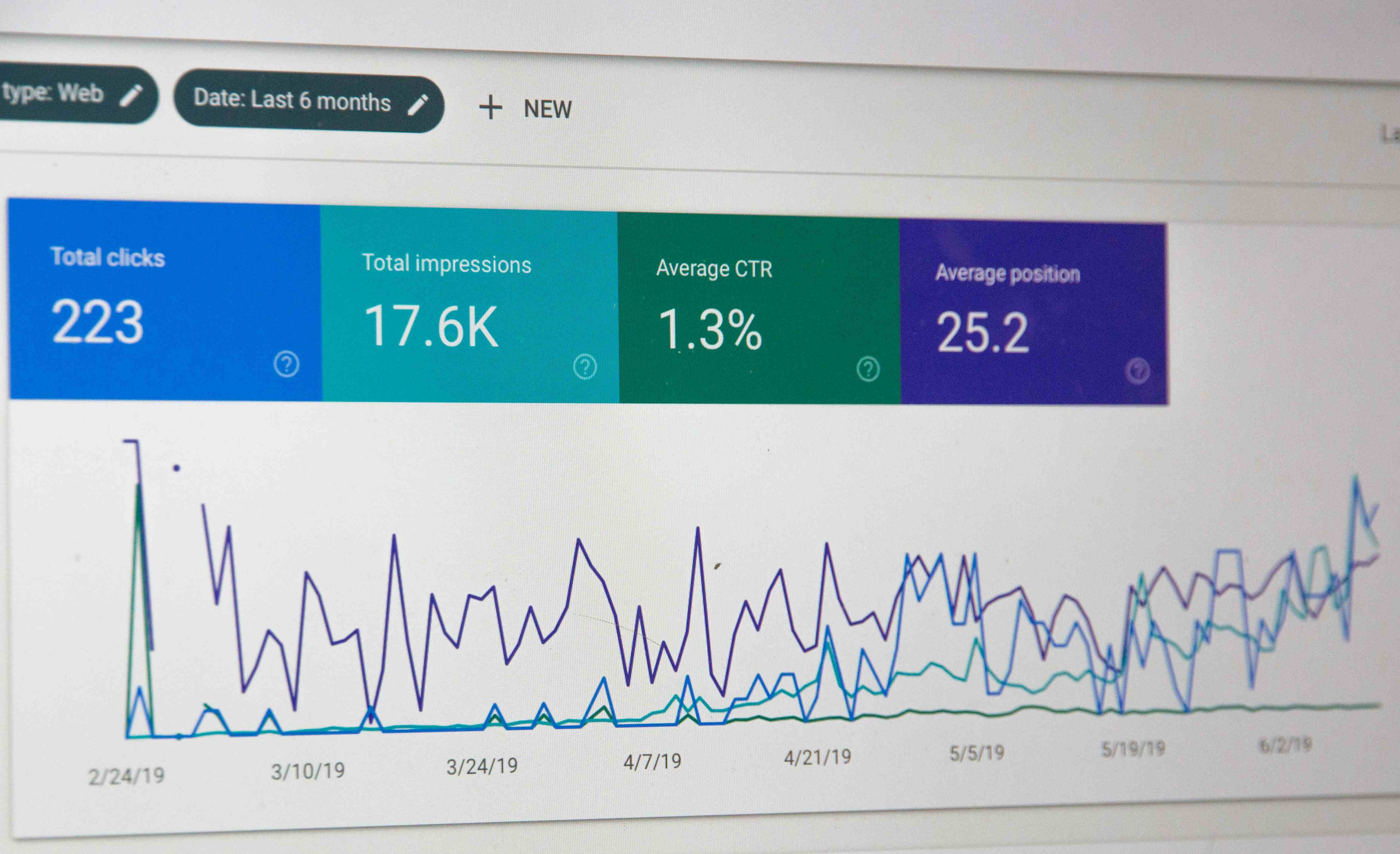"Neglecting these key ethical challenges can disrupt AI development and make the systems ineffective. AI systems are increasingly adopted into daily life, so it becomes crucial to address these challenges to maintain trust, accountability, and equity. Stakeholders can implement robust ethical frameworks, prioritize transparency, and work collectively to shape policies to effectively tackle these challenges. The way we deal with ethical innovation can determine the future of AI development."
The advent of Artificial intelligence (AI) is significantly revolutionizing industries, societies, and economies. The technology possesses the capability to make automated decisions based on vast volumes of data and complex algorithms. With the growing capabilities of AI, raises certain crucial ethical concerns. These concerns range from bias to environmental sustainability. Ignoring them can lead to harmful, unfair, or unreliable systems. The efforts are going on to tackle the ethical challenges encountered in AI-led development. Let’s first get familiarity with the importance of ethical frameworks and then explore some key ethical challenges encountered in AI development.
Why is the Ethical Framework Prominent in AI Development? AI systems are broadly used to make decisions impacting human beings’ lives in various areas like healthcare, finance, law, jobs, etc. In the absence of ethical frameworks, these systems can strengthen existing inequalities, violate rights, and compromise trust.
They encourage developers to develop AI systems that are clear and auditable. Henceforth, they make it simpler for regulators and users to learn how decisions are made. Deploying ethical frameworks ensures AI development supports human rights, self-respect, and fosters the well-being of society, not just enhances technical efficiency.
6 Ethical Challenges Affecting AI Development in 2025 Let’s understand how AI development is negatively affected by some key ethical issues.
1) Security Gaps Malicious actors keep on exploiting the AI system. The advent of automated cyberattacks, AI-generated fake news campaigns, and deepfakes is one of the approaches that malicious actors use to erode AI systems. This degradation accentuates the need for strong security measures and efficient regulatory frameworks to avoid the misuse of the AI development process. Consequently, companies can ensure protection against illicit data access, data manipulation, and several other malicious activities. Note that regulations like GDPR do support better data privacy. However, it is not in effect globally at the same level.
For example, if a newly developed AI system is deployed in a hospital, a cyber-attack could make patients’ lives vulnerable to risks. Hence, companies must devise their AI systems securely while also keeping them up to date with the newest security practices.
How do security gaps make AI development ineffective? Security flaws exist in more than 36% of AI-generated code. The flaws can be injection risks or hard-coded secrets. They make AI systems vulnerable to exploitation. Cyber attackers can leverage AI to incorporate malicious code and thus render vulnerabilities into trusted development processes.
2) Inadequate Transparency The complexity of AI systems is increasing, specifically with the adoption of deep learning models. Many such AI systems work like black boxes. This implies that even the developers who build them are not fully acquainted with how they derive the conclusions. It is this lack of transparency that poses an ethical concern when AI-led development is used in sectors like legal or healthcare.
The pressure to develop more explainable AI technology to better justify its actions to humans is increasing. The absence of trust and transparency can degrade AI developmental progress.
Let’s have an example to understand it –suppose a doctor prescribes certain medication to you, but doesn’t explain to you why they prescribe it. Under such scenarios, it is not feasible to trust such a doctor. The same goes with AI, i.e., if a company couldn’t explain the way its AI systems make decisions and operate, then people will lose trust. Companies must be open about how their AI development works to establish trust. However, note that too much explaining can lead to malicious actors exploiting the system.
How the lack of transparency severely affects AI development The implementation of black box models makes it challenging to trace errors or allocate responsibility. As a result, it raises ethical and legal concerns. The lack of proper documentation means regulators will struggle to enforce standards, and thus it leads to trust issues.
3) Privacy Concerns The adoption of AI technologies often introduces considerable privacy concerns. Many modern AI systems primarily rely on the collection and evaluation of personal data. With the increasing adoption of these systems in areas like personalized services and surveillance, concerns about data usage and consent are getting more prominent. So, it is essential to maintain a balance between privacy protection and innovation to establish trust among users.
Imagine a situation in which data collected by your phone (like location, search history) was used to make some critical decisions about you, without your consent or knowledge. Laws, for example, the GDPR in Europe, help protect data privacy. However, companies must be transparent about what data they collect and how they use it. Also, they must give users control over their data (for example, deleting their data).
AI systems often need a lot of data to work well, but collecting and using that data can invade people's privacy. Think about all the data your phone collects: your location, your contacts, your search history. Now imagine if that data were used to make decisions about you, without your knowledge or consent. According to a recent survey, around 52% of consumеrs express concern about private information protеction by modern AI technologies.
There are laws and regulations to protect privacy. But these laws aren't always enough. Companies need to be transparent about what data they're collecting and how they're using it. They also need to give users control over their data, like the ability to opt out of data collection or delete their data. The ethical challenge comes into play when balancing individual privacy with AI innovation. In the absence of strict regulations, data privacy prevails.
How do privacy concerns disrupt AI development? Usually, rigorous privacy laws limit usable datasets. This makes it difficult for AI-led development to train fairly and accurately.
- AI systems occasionally gather personal data and yet don’t provide clear consent. This scenario leads to legal complications and distrust among users.
- Even hidden or coded data can be reverse-engineered. This practice may reveal somebody’s identity or result in spying or biased treatment.
4) Ambiguity about Accountability If humans commit mistakes, he/she can be held responsible and relevant actions can be taken. However, if an AI developed system makes an error, then the question arises–who is responsible?. The answer can be the user, the company, or the developer -it’s unclear. This makes it difficult to streamline decisions. Here’s an example to understand better: if a self-driving car causes an accident, then it is unclear who can be responsible for this. The answers can be –the programmer, the person riding the car, etc. The answer may rely on the specific circumstances. Companies can stay open about how their AI-powered systems work. Subsequently, it may make it simpler to identify who is responsible when an error occurs.
How does vagueness on accountability affect AI development? If nobody responsibly leads the AI teams, they may make decisions that are hard to understand. As a result, people find it tougher to trust the system. The lack of clear accountability implies that developers may ignore ethical risks. This scenario leads to unclear, unfair, or even risky AI systems.
5) Employment Disruption The growth of AI and corresponding automation imposes considerable ethical challenges on labor markets. Industries today adopt AI to boost efficiency and cut down on costs. AI keeps on revolutionizing various industries at a considerable pace. The need for a manual workforce is reduced since a lot of tasks are automated. Millions of jobs, particularly in manufacturing, customer service, and transportation, have been severely impacted. This spreads fear of job disruption. AI-developed systems do generate new roles, but they often need cutting-edge technical skills, and many employees don’t have those skills. The shift to AI development increases economic inequality and also puts pressure on educational systems. Whether AI should be developed or not is not a question; the question is how societies can handle this transition impartially.
How do employment disruptions affect AI development? The progress of AI development slows down if people lose jobs or are unaware of how to work with AI. The fear of job loss may encourage developers to build AI tools that assist people, not to substitute them.
6) Discrimination and Bias Huge datasets train AI systems; if these datasets comprise societal biases, then a particular AI system can demonstrate discriminatory behavior. 36% of companies have reported that AI bias directly affects their business. Let’s have an example to understand it –using biased algorithms in hiring practices may severely affect qualified candidates on factors like ethnicity or gender. It is essential to consider this today since organizations increasingly identify the need to examine their AI systems to avoid systemic inequalities. Knowing the potential biases and actively working on them is recommended. It may involve developing auditing algorithms for establishing fairness or using more diverse datasets.
Severe impacts of discrimination and bias on AI development: Biased AI systems can ignore proficient, qualified individuals when recruiting, giving loans, or providing healthcare, leading to impartiality. Such a system unequally treats people, so it hurts trust and can disrupt a company’s reputation or impose legal troubles. Learning from unfair data means that an AI-developed system can repeat stereotypes and widen gaps between various groups in society.
Final Words Neglecting these key ethical challenges can disrupt AI development and make the systems ineffective. AI systems are increasingly adopted into daily life, so it becomes crucial to address these challenges to maintain trust, accountability, and equity. Stakeholders can implement robust ethical frameworks, prioritize transparency, and work collectively to shape policies to effectively tackle these challenges. The way we deal with ethical innovation can determine the future of AI development.



